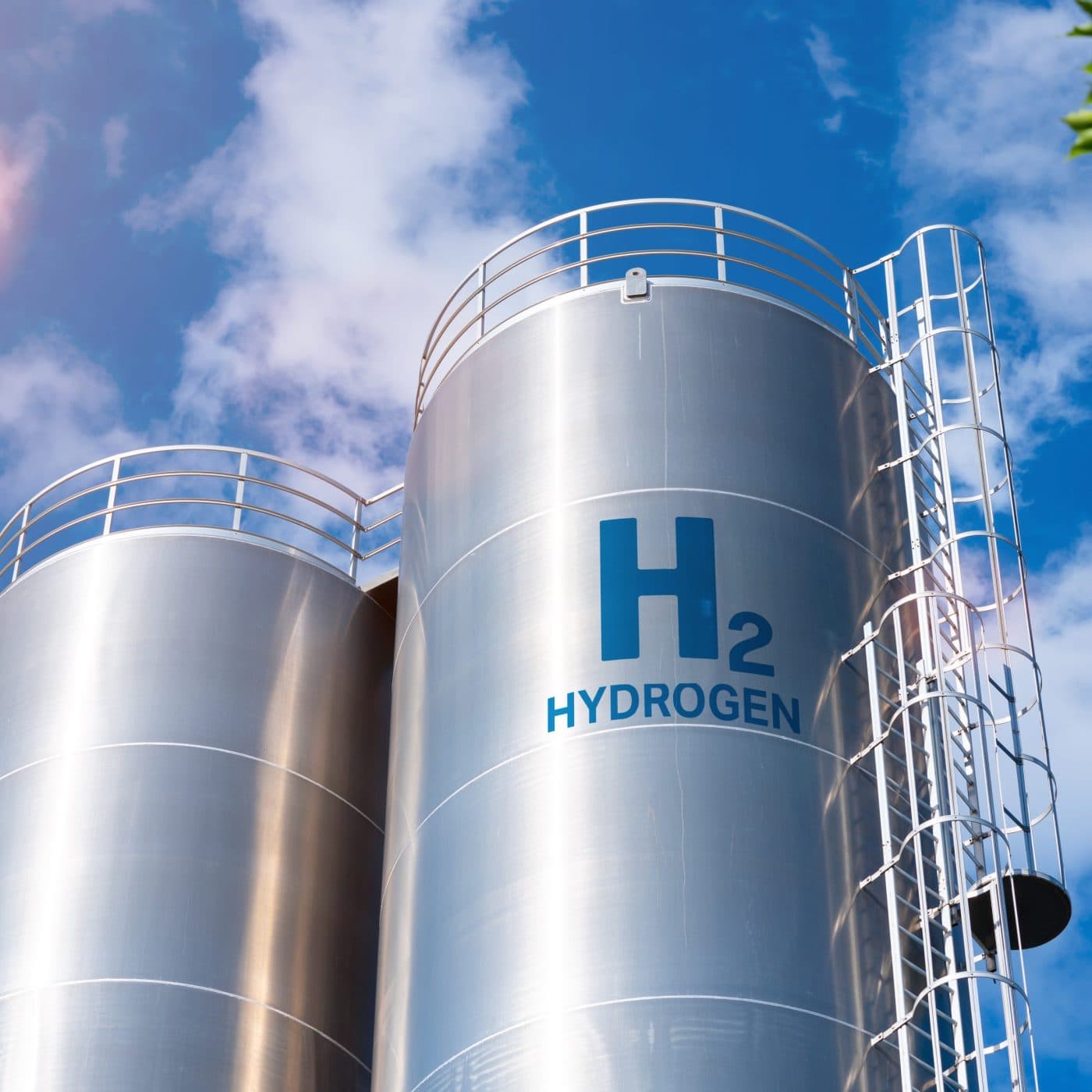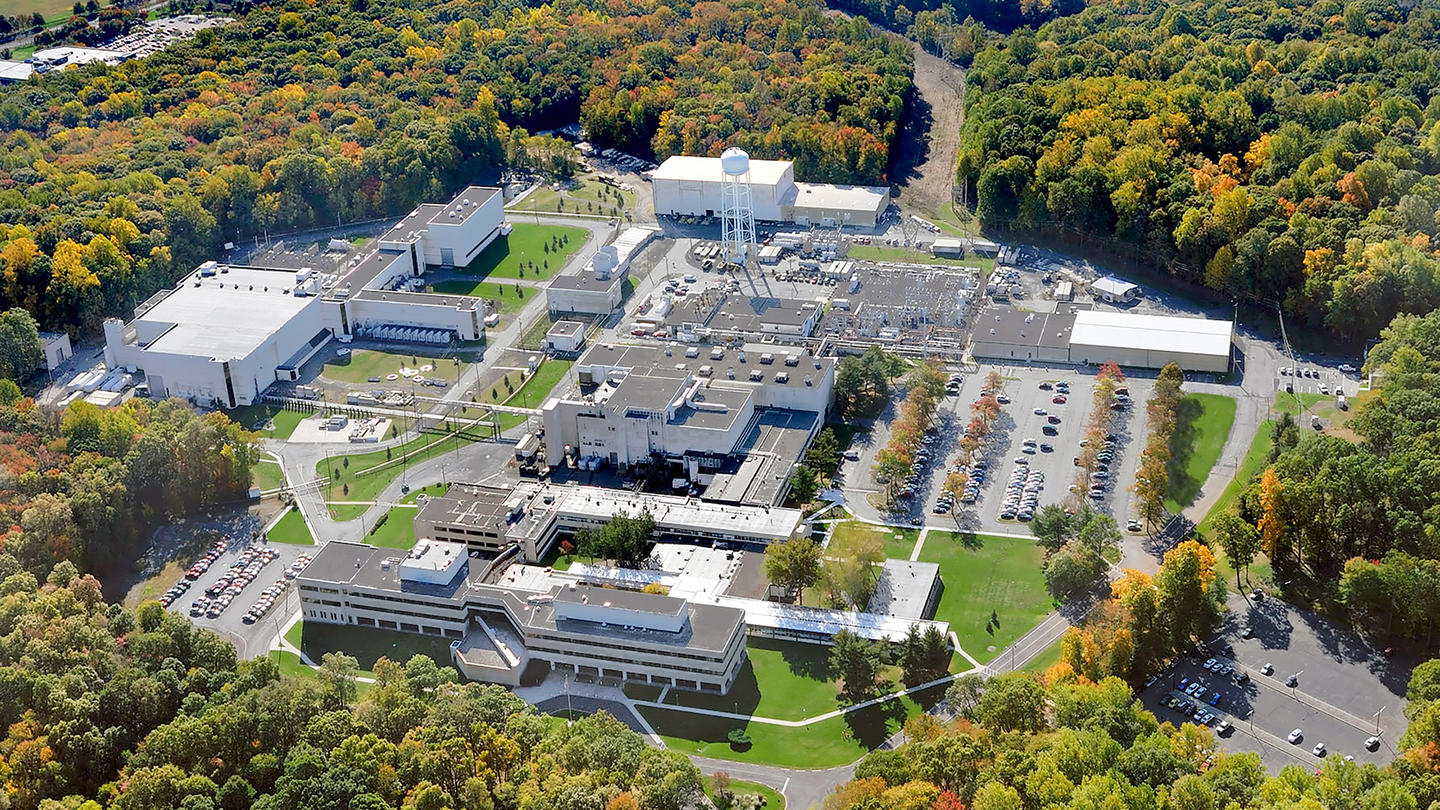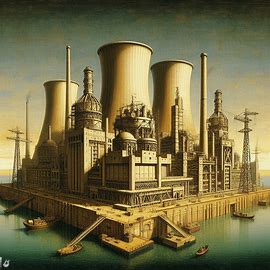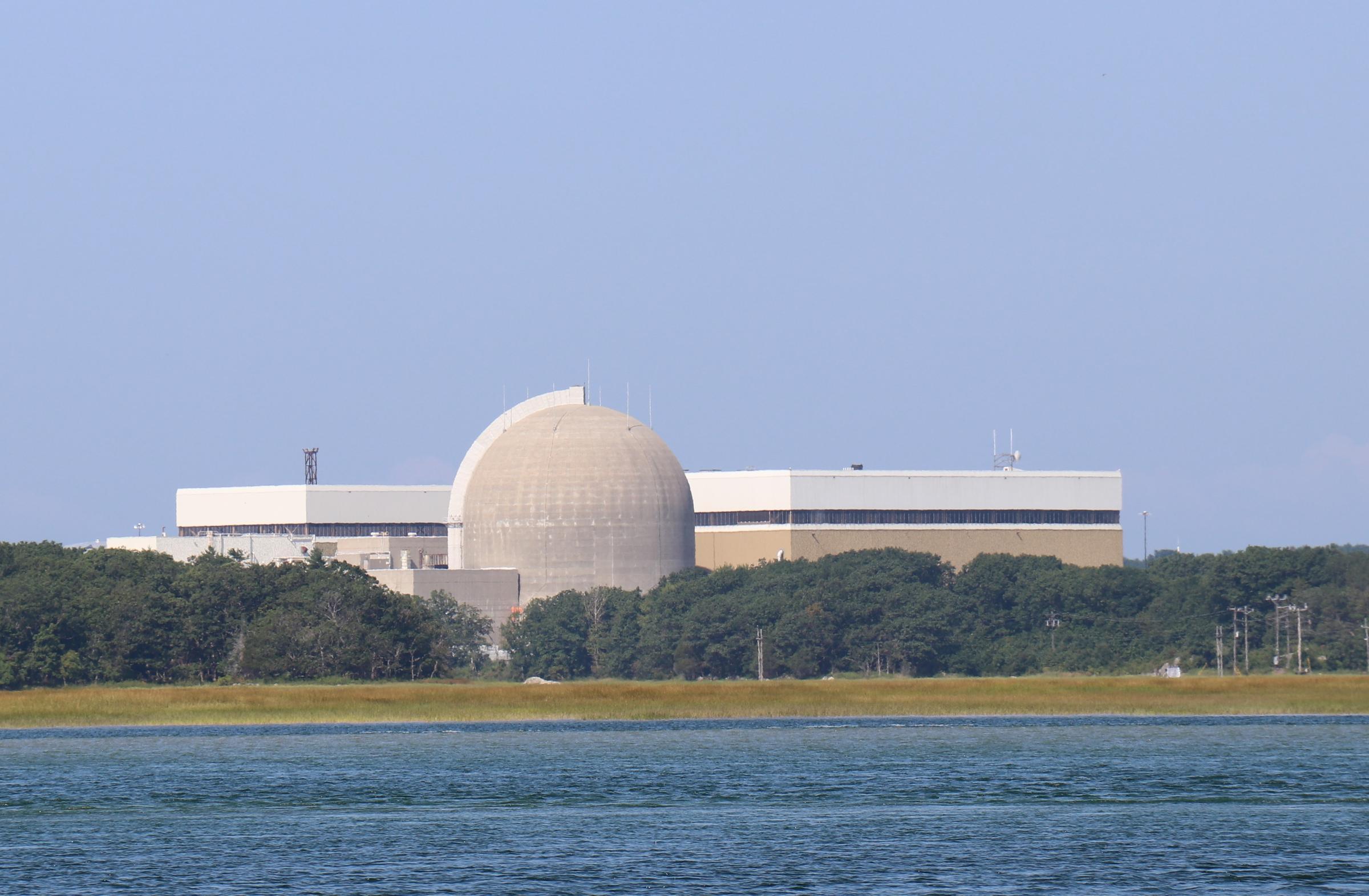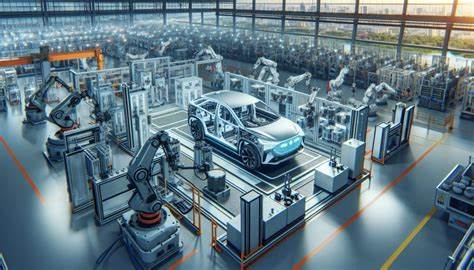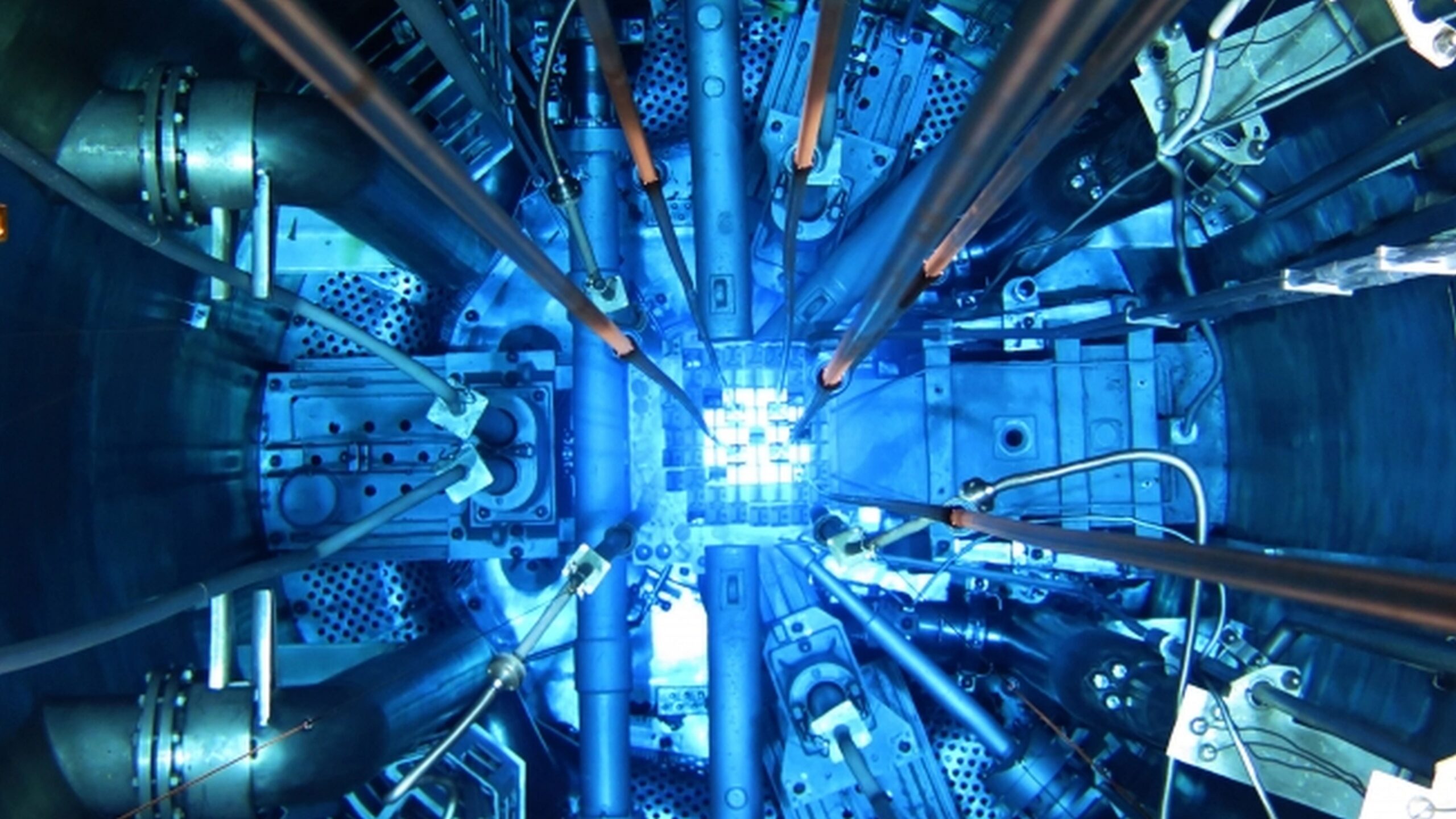
A new collaboration is set to unfold in the nuclear technology sector as UK-based Newcleo and French company NAAREA join forces to accelerate the development of fourth-generation nuclear technologies. The announcement, made in an interview with Euractiv France, AFP, and Le Figaro on January 16, marks a significant stride in the realm of advanced modular reactors (AMRs) within the broader family of small modular reactors (SMRs).
The strategic partnership aims to foster support for the industrial, technological, scientific, and regulatory deployment of fourth-generation nuclear reactors. One distinctive feature of these reactors is their classification as advanced modular reactors, incorporating various technologies and utilizing already used nuclear fuel from existing reactors.
Projects in the Pipeline
Both companies, NAAREA and Newcleo, already have ambitious projects in the pipeline. NAAREA is engaged in developing a molten salt-fast neutron nuclear micro-generator capable of generating 40 MW of electricity and 80 MW of heat. Simultaneously, Newcleo is working on two lead-cooled mini-fast reactor concepts, with capacities of 30 MW and 200 MW.
These projects are scheduled for similar timelines, with non-nuclear prototypes expected in 2026 and the first fueled prototypes in 2030. The collaborative effort aims to capitalize on synergies at the European level by aligning with the forthcoming European Commission alliance for SMRs, set to launch in February.
Focus Areas of the Partnership
The Memorandum of Understanding signed by the two companies outlines key areas of focus, including the fuel cycle, financing of fuel cycle infrastructure, research, and industrial development. Despite the diverse nature of these areas, the companies’ teams are collaborating, particularly in research, where they see potential for joint research at the European level in collaboration with the Sustainable Nuclear Energy Technology Platform (SNETP).
Another pivotal aspect of their collaboration is the development of a common approach for nuclear safety rules at the European level, an issue frequently raised by stakeholders in the SMR domain. The companies aim to work closely with authorities in other member states to address this concern.
Objectives and Timeline
The immediate goals for the collaboration involve identifying sites for prototypes by 2024 and securing access to fissile material. A monthly meeting led by a steering committee, comprising David Briggs from NAAREA and Ludovic Vandendriesch from Newcleo, will be convened to discuss progress.
The partnership emphasizes the urgency of addressing environmental concerns and the need for European fourth-generation projects to emerge as competitive solutions in the face of global competition, particularly from China and the United States.
While the current collaboration is limited to NAAREA and Newcleo, the intention is to extend it to all fourth-generation startups working on fast neutrons and wishing to join the effort.
Public and EU Funding
The collaboration aligns with the aspirations of the French government and European authorities to advance nuclear energy. Both NAAREA and Newcleo have secured victories in the “Innovative Nuclear Reactors” call for projects under the France 2030 investment plan, which earmarks €1 billion for the nuclear industry.
In terms of funding, the companies plan to utilize their own resources but express a hope to benefit from EU funding in the future. The collaboration aligns with the EU Commission’s December announcement of the SMR Alliance, which could present an opportunity to lobby for Important Project of Common European Interests (IPCEI) in the field, similar to other alliances in batteries, solar, and hydrogen.
